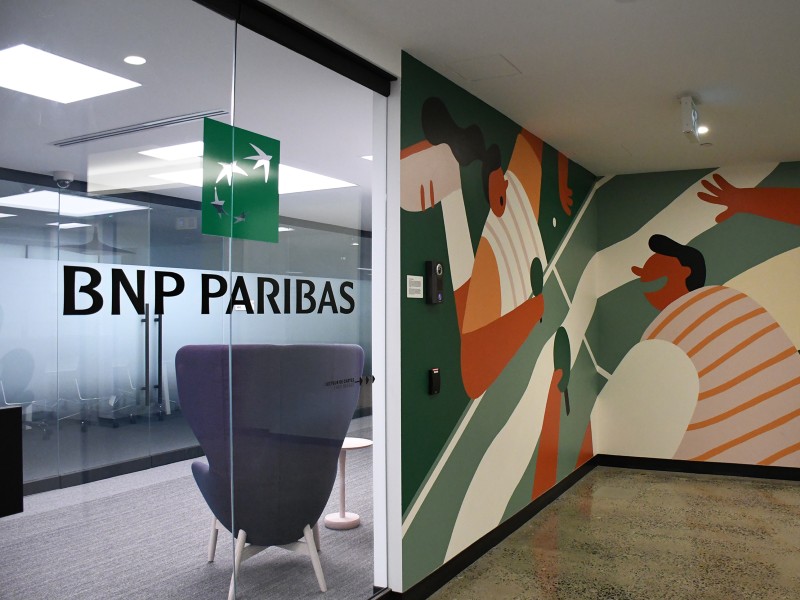
BNP Paribas in Canada is expanding its talent pool by recruiting neurodiverse employees through a new talent attraction program.
Sonja Volpe, chief executive officer at BNP Paribas in Canada, says the program — a partnership with EY Canada — is providing the financial company with an opportunity to broaden its talent base by tapping into the learnings, experience and success of EY Canada’s own neurodiversity recruitment program, which launched in 2016.
The organization is accommodating neurodiverse candidates by using clear and concise language in job descriptions and by providing these applicants with opportunities to participate in mini projects and presentations throughout the recruitment process.
Read: How KPMG is recruiting, supporting employees with disabilities, neurodiversity
BNP Paribas in Canada’s diverse abilities supporters community also worked internally with human resources, managers and senior managers to engage, activate and support the talent that joined the company through the program.
These employees have been integrated across a number of departments and are settling into their roles, says Volpe. “This project has brought changes . . . [in] how we approach recruiting in that particular program. We did training and awareness sessions for employees, managers and senior management because it was very clear that, while the recruiting is one part, you want to retain this talent.”
The organization provided these employees with training and a peer mentor or “buddy,” while providing company-wide training on allyship. The initiative has helped BNP Paribas in Canada broach discussions around what inclusion means and how everyone has a role to play in creating a welcoming workplace culture, said Flavie Motte, head of HR, in an email to Benefits Canada.
Read: Sounding Board: How DEI enhances workplace safety, employee attraction, retention
“We think this program . . . has high potential to continue supporting our [diversity, equity and inclusion] strategy, with the help of our [employee resource groups] and overall inclusive work culture. It has resonated with employees who themselves have people in their lives who identify as neurodiverse.”
Given the challenging recruitment landscape, Motte said she believes expanding the talent pool is critical as employers seek workers with in-demand skills.
Volpe agrees. “It’s tremendously important that the broader market . . . tap into this talent,” she says, adding the right approach and awareness can be a powerful way to make companies reflective of the labour market. “It would be great if we get to a place where programs such this are part of the overall recruitment strategy.”
Read: Canadian employers prioritizing DEI, but barriers remain for neurodiverse hires: survey
